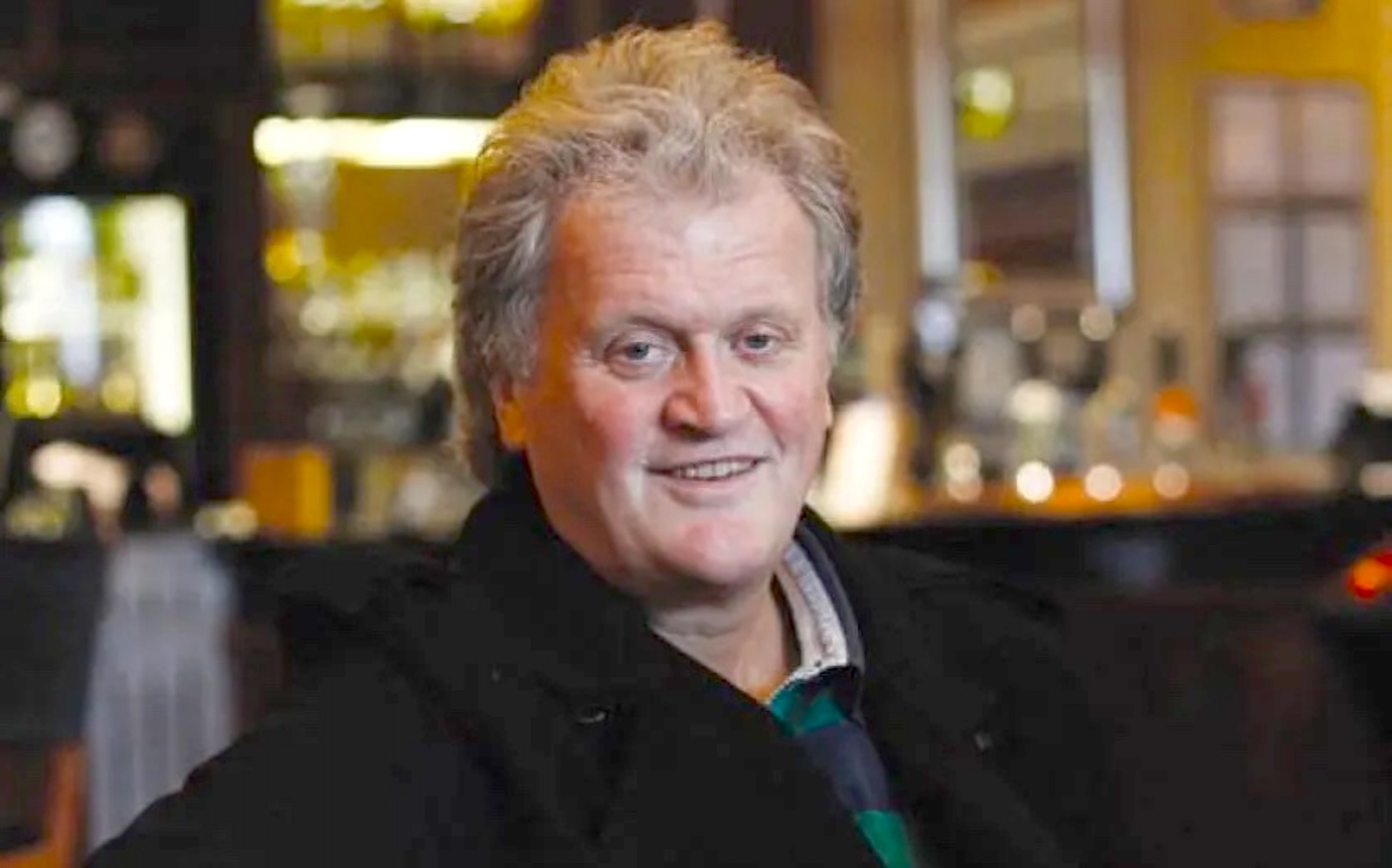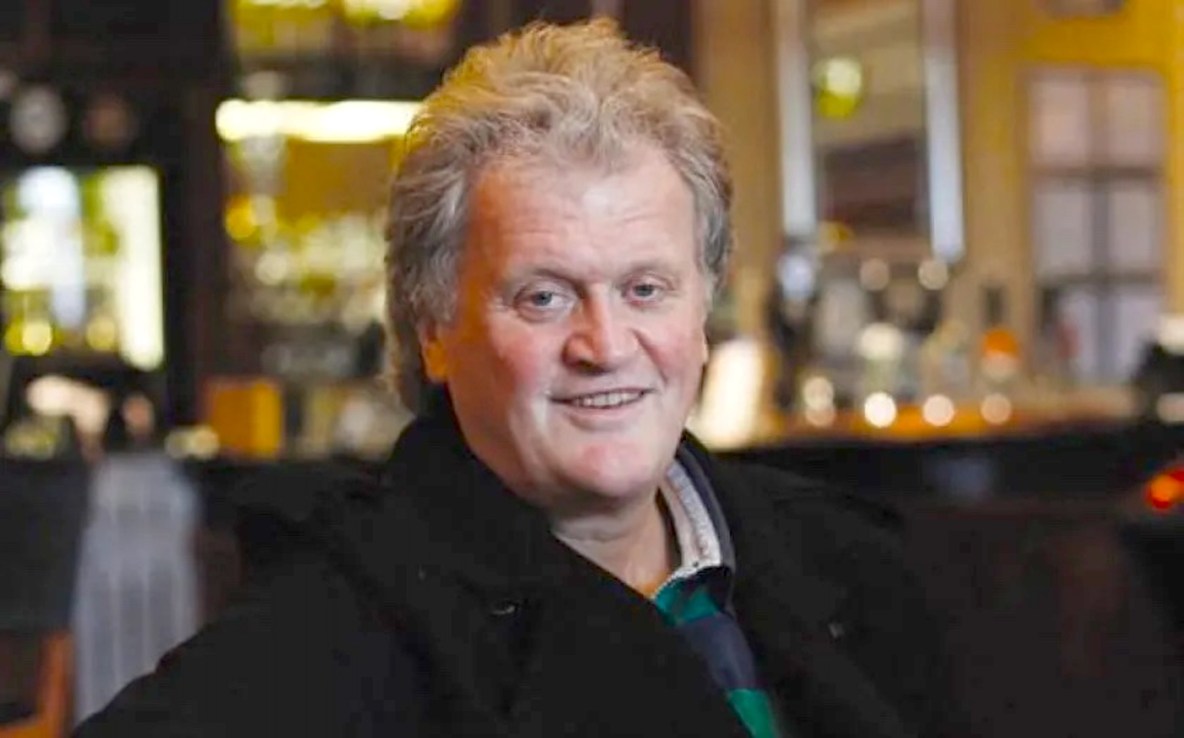Tim Martin warns against pub crackdown as JD Wetherspoon smashes profit expectations
Profit at JD Wetherspoon over the last year exceeded even the high expectations from the market, bringing in £73.9m of pre-tax profit, compared to expectations of £72m. The chain of pubs reported it had made more than £2bn in sales over the year to the end of July, an eight per cent increase from last [...]


Profit at JD Wetherspoon over the last year exceeded even the high expectations from the market, bringing in £73.9m of pre-tax profit, compared to expectations of £72m.
The chain of pubs reported it had made more than £2bn in sales over the year to the end of July, an eight per cent increase from last year and bringing up profit by more than 74 per cent.
“Sales continue to improve. In the last nine weeks, to 29 September 2024, like-for-like sales increased by 4.9 per cent,” said Wetherspoons chief Tim Martin.
“The company currently anticipates a reasonable outcome for the current financial year, subject to our future sales performance.”
The company did not resume paying a dividend, which it was not expected to do until it can return to its pre-pandemic pre-tax profit of at least £100m. Analysts expect this to resume in 2026 or 2027.
In the results, Martin lashed out against proposals floating around Westminster that would push pubs to sell beer in quantities of two-thirds of a pint, rather than a traditional pint.
Describing it as “slightly daft”, Martin argued that: “Reducing glass sizes is unlikely, due to human nature, to reduce alcohol consumption in pubs, and would also have no effect whatsoever on drinks bought in supermarkets, unless container sizes in supermarkets were also, unrealistically, reduced.”
Reducing pub opening times, another policy reportedly being considered by the government to bring down drinking, was also derided by the chief executive, stating that any drop in pub drinking would be replaced with consumption at home.
“This does not mean that pubs are invariably oases of tranquillity but, in general, pub behaviour is good and pubs are valued by communities,” he said.
Martin also addressed the coronavirus lockdowns that crippled the pubs in the Wetherspoons annual results, arguing: “The company continues to be concerned about the possibility of further lockdowns and about the efficacy of the government enquiry into the pandemic, which will not be concluded for several years.”
“JD Wetherspoon has delivered solid sales growth and profits which shareholders will be raising a glass to, with England’s run to the Euro 2024 final in the summer undoubtedly being beneficial for the business, whether that was from football fans watching the games in its pubs or celebrating the victories following them,” said Jocelyn Paulley, co-head of the retail sector at international law firm Gowling WLG.
“The pub chain is continuing on its path of diversification into complementary ventures like hotels, as well as beginning to open sites in high footfall areas including transport hubs and holiday parks. Although high inflation and rising costs remain a threat, the pub chain is proactively closing failing sites to counteract this and is focusing on those locations that can maintain the model of volume-driven sales.
“JD Wetherspoon can benefit to some degree from rising costs which are also being faced by consumers through its competitive pricing, enabling it to gain customers from other establishments that are unable to lower their prices. Investors will view the company as an attractive proposition with its long-term ambition to expand to 1,000 pubs and a particular focus on growing its presence in central London. The company has proven its ability to deliver growth in a challenging sector that currently shows little signs of easing up.”


